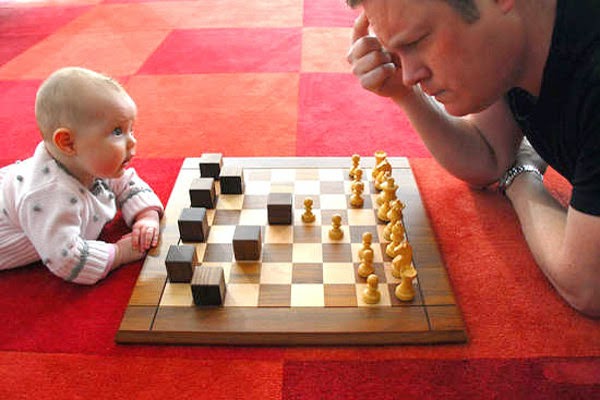 I have been helping out my speed skating coaches by being another on-ice adult for the kid's sessions. Some of these sessions can have 25 kids, and with one coach, it can be a challenge to keep them engaged. Even with a whistle.
I have been helping out my speed skating coaches by being another on-ice adult for the kid's sessions. Some of these sessions can have 25 kids, and with one coach, it can be a challenge to keep them engaged. Even with a whistle. I really enjoy working with the kids, which range in age from 7 to 14, as they are all so unique. They all have different abilities, different strengths and opportunities, and different personalities. Standing around the centre circle, listening to the coach, some listen intently, others goof off; some are shy and others are outgoing. But once they start skating, the differences become physical. You can also easily see who was listening and who wasn't. :-)
I really enjoy working with the kids, which range in age from 7 to 14, as they are all so unique. They all have different abilities, different strengths and opportunities, and different personalities. Standing around the centre circle, listening to the coach, some listen intently, others goof off; some are shy and others are outgoing. But once they start skating, the differences become physical. You can also easily see who was listening and who wasn't. :-)Some kids are very coachable. What do I mean by coachable? A quick Google search turns up the following coachable traits (as espoused by those SMRTer than I):
- Humility/critical self-evaluation
- Intrinsic motivation/bias to action
- Purity of purpose/singular focus
- Willing to surrender control/valuing the coaching message
- Strong belief in ability to succeed/faith/stubbornness
Kids perhaps have other elements at play that must be addressed by both the coach and the kid:
- Fear/fear of physical injury/fear of failure
- Desire to conform/be part of the team/contribute to team success (for team sports)
- Emotional immaturity
 This past week I was able to spend several days coaching adults, very experienced SMRT adults, in kaizen, and specifically coaching on value stream mapping and cycle time reduction. I was there to challenge them, keep them on track and focused on the target outcomes of the kaizen. And of course, to keep developing my coaching skills.
This past week I was able to spend several days coaching adults, very experienced SMRT adults, in kaizen, and specifically coaching on value stream mapping and cycle time reduction. I was there to challenge them, keep them on track and focused on the target outcomes of the kaizen. And of course, to keep developing my coaching skills.
So as I look at the list(s) of traits of coachable kids listed above, how well do these map to adults? How well do these correlate to my experience?
I found some of the challenges that come with coaching adults are:
- Historical bias to action ("In my company, we did it this way, therefore it is the right or better way"/"You have to use this tool or method to solve that problem")
- Unsure valuation of the coaching message ("I know just as much as these guys"/"I know better"/"I already know how to solve this problem, so I don't need to listen/read/pay attention")
- Desire to stand out/be recognized ("Hey team, look at the cool solution I came up with"/"I have an MBA")
- Difficulty in honest, critical, non-self-deprecating self-evaluation ("I'm terrible at public speaking"/"I'm awesome at PowerPoint")
Writing this down - if nothing else - helps me keep in my mind what behaviours I need to avoid or minimize to be more coachable. Particularly in valuing the coaching message.
Now I just need to develop the same list of what makes a coach a good coach.
AMac

Teaching your child is improving your communicative skills. Because we can learn a lot about our child, keep more patience, and waiting for future results. I'm a busy man, a lot of work, but I try to spent every weekend together, even if I have a lot of tasks.
ReplyDeleteessaykings.me